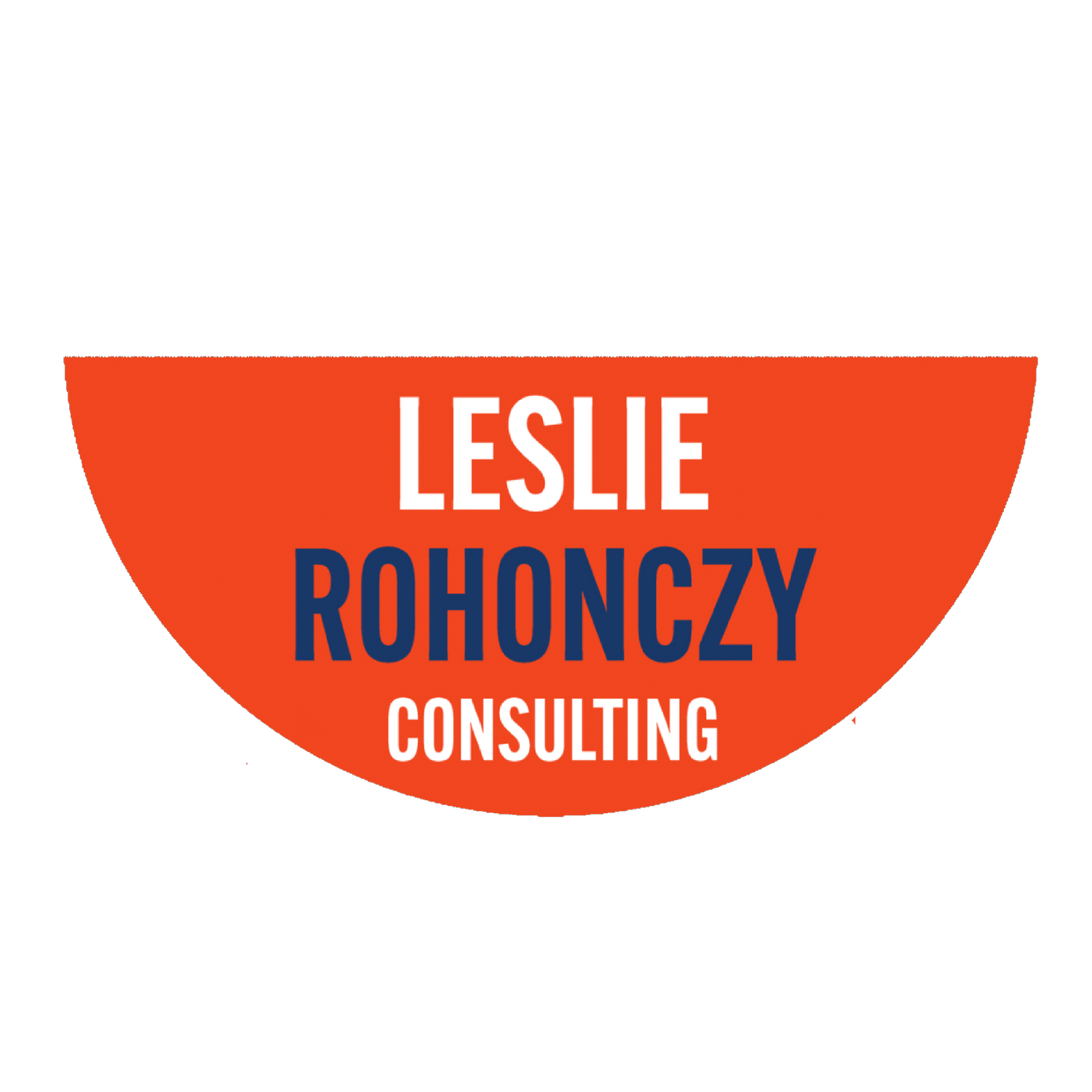by Leslie Rohonczy, Executive Coach, IMC, PCC | ©2024 | www.leslierohonczy.com
In the realm of job interviews, there’s a common misconception that candidates must meticulously craft themselves into the ‘perfect’ mould, fitting every criterion outlined by the prospective employer.
In fact, you may have heard about research[1] highlighted in a Forbes article, that found men exhibit confidence when they meet 60% of the criteria, whereas women typically wait until they've ticked off every item on the list. This means that men tend to apply for a job when they meet approximately 60% of the listed qualifications. In comparison, women often won’t even apply unless they fulfill 100% of the requirements. It's frequently interpreted as evidence of a confidence gap between genders. And prevailing and well-intentioned advice often focuses on encouraging women to cultivate greater self-confidence in their abilities.
While striving to present the best version of ourselves is undoubtedly crucial during job searches, it's equally essential to remember that interviews are a two-way street, where compatibility, values, and mutual interest play pivotal roles.
Message 1: You're The Unicorn
As an executive coach, I often witness individuals grappling with nerves and insecurities as they prepare for the interview process. Their fears are typically that each of their imperfections (real or imagined) will be ferreted out and scrutinized under the interview microscope. But here’s the reality check: interviewers are not on a crusade to find your flaws; nor are they eagerly scouring your every word, ready to pounce on any misstep. In fact, they're fervently hoping that you are the elusive unicorn; that magical candidate who embodies the values, skills, and fit they’ve been seeking. Could that unicorn be you?
How might this shift in perspective change the way you actually show up in an interview? Rather than tiptoeing cautiously, laden with self-doubt, and minimizing ourselves, what would be possible if we embraced the opportunity to let our authentic selves shine? Allowing this shift in perspective creates increased confidence, and that, coupled with genuine enthusiasm, can often outweigh an inauthentic, meticulously polished ‘persona’ delivering a rehearsed script. Remember, they invited you because they believe in your potential – now, it’s your chance to show them that their intuition was right.
Message 2: It's About You Too
When we find ourselves swirling in the fervent desire to impress, it's easy to overlook a crucial aspect: our own preferences, values, and aspirations. While the company assesses your suitability, it's equally important (if not more important) for you to gauge whether the role – and the company – aligns with your employer expectations, career goals, and personal values. Don’t settle for being a round peg in a square hole; instead, actively explore whether the company culture, growth opportunities, and job responsibilities resonate with your vision for your future self. And if you don’t have a vision for your future self, create one by reflecting on what kinds of things you’d like to do every day, the type of people you want to do those things with, the cultural elements you’d enjoy being part of, the development opportunities that will help you shine, and the meaning you want to derive from your daily contributions.
There are free websites that use employee reviews to measure employers’ culture, leadership, values, pay and benefits, among other factors (eg: GlassDoor, ZipRecruiter, LinkedIn Job Search). And LinkedIn is a great way to search out and connect with individuals who work for the company you’re interested in. Invite them to chat about their employee experience, and what they enjoy most about working there. And based on the things you learn about the company’s culture and values, you can then determine whether this would be a long-term fit with your own needs and values. And if you decide to proceed to the interview stage, mention those individuals in your interview. It’s a great way to demonstrate that you’ve done your homework, and are motivated to join the team.
Message 3: Ten Questions
To facilitate this important exploration of fit, culture, and values, here are ten questions you can pose during interviews:
Can you tell me about the company’s culture and values?
How do the day-to-day responsibilities of this role link to the company’s vision and mission?
What qualities do successful employees in this position typically possess?
How does the company foster collaboration and teamwork?
Can you share examples of recent projects or initiatives the team has undertaken?
What opportunities for growth and advancement exist within the organization?
How does the company support professional development and learning?
What challenges and opportunities do you foresee for the team in the upcoming year?
How does the company prioritize work-life balance and employee well-being?
Can you describe the onboarding process for new hires?
By posing these questions, you not only gain valuable insights into the company but also demonstrate your proactive approach and commitment to making an informed decision.
The art of interviewing transcends the mere presentation of skills and qualifications; it’s a nuanced dance between showcasing your potential and evaluating compatibility. So, step into the interview room with confidence, as their coveted unicorn, while also keeping a discerning eye on whether the role aligns with your aspirations. After all, the ultimate goal is not just to secure a job. You are about to embark on a fulfilling journey of career development, growth and self-discovery.
[1] Original research from Hewlett Packard, as shared in Lean In, The Confidence Code, Forbes, Harvard Business Review, and numerous articles, 2014.

